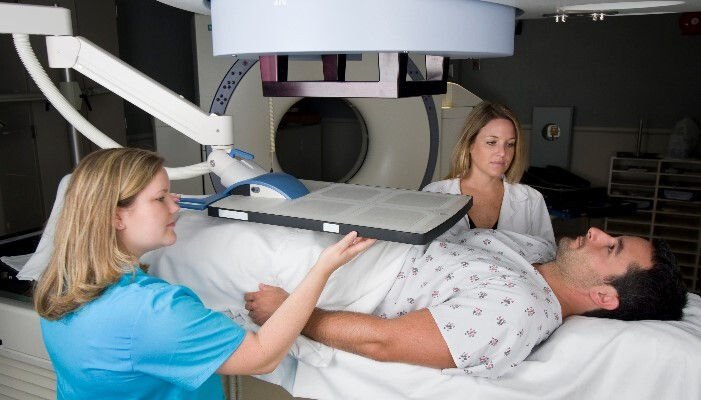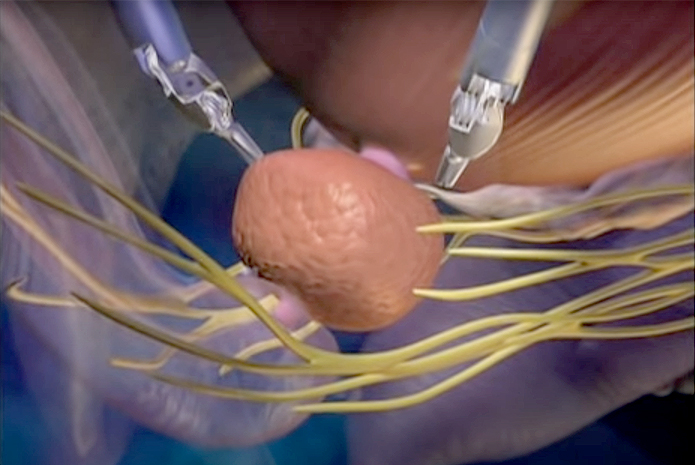How likely is it that prostate cancer will recur following surgery?
A man's entire world changes when he hears the diagnosis of prostate cancer. Surgery is frequently the next step; a radical prostatectomy, which removes the prostate gland to prevent the cancer from spreading, is the usual procedure. This marks a turning point for many. It was a daring, relieving, and uncertain moment.

However, a more subdued query starts to emerge following the procedure: What are the odds that the cancer may return?
Let us discuss it in genuine, human words rather than just in terms of numbers.
How Frequently Does Surgery Lead to Prostate Cancer Recurrence?
When detected early, prostate cancer has one of the highest survival rates of any malignancy. However, it might recur like any other cancer. This is known medically as biochemical recurrence, and it is usually identified by an increase in PSA (prostate-specific antigen) values following surgery.
What are the statistics, then?
The majority of recurrences occur within the first five years following surgery.
The initial indication is typically a rising PSA, which indicates the need for more monitoring or therapy but does not indicate that the cancer has spread.
Although these figures may seem daunting, they do not provide the whole picture.
Every Recurrence Is Different
Here's something crucial: Contrary to what many people think, a PSA jump does not always indicate that the cancer is "back."After surgery, certain cancer cells may still be present in the body, but they may never do any damage since they grow so slowly or not at all.
Physicians will think about:
How fast the PSA is increasing
How long has it been since the surgery?
Whether imaging reveals any metastases
This aids in directing choices on additional therapies such as hormone therapy, radiotherapy, or active monitoring.
What Makes Prostate Cancer More Likely to Recur?
Recurrence risk is influenced by several important factors:
The Gleason Score is a grading system that indicates the degree of cancer aggressiveness. The likelihood of recurrence increases with higher scores (7–10).
Surgical margins: There is a greater possibility that some cancer cells may have been left behind if they are discovered on the edge of the excised tissue.
Cancer Stage: The likelihood of a recurrence increases with the cancer's stage of detection.
PSA Levels Prior to Surgery: Elevated PSA levels at diagnosis may occasionally signify an increased risk of cancer recurrence.
Breathe if this seems overwhelming. What is the good news? To successfully and efficiently detect and treat recurrence, doctors have a variety of instruments at their disposal.
What Is the Treatment for Recurrence?
There are several ways to treat prostate cancer if it does recur. The decision is based on the cancer's apparent aggressiveness and potential metastases.
If the recurrence is local (close to where the prostate was), radiation therapy is frequently employed.
Hormone therapy reduces testosterone, which slows or even stops the spread of cancer.
Dealing With Uncertainty
The lengthy wait is equally as difficult as the operation when recovering from prostate cancer. standard PSA tests. The follow-ups. The "what if" inquiries.
However, keep in mind that you are not alone.
After prostate cancer, millions of men lead long, fulfilling lives. They travel, cook, laugh, hike, play golf, embrace their grandchildren, and rediscover love. With silent strength, they bear their scars.
Conclusion: You Are Not Defined by Your Numbers
Indeed, following surgery, prostate cancer may return. Indeed, there is a 20% to 30% probability. However, statistics do not tell the whole story. What matters most is your story, which encompasses your body, your decisions, your care team, and your resilience.
Discuss freely with your physician any concerns you may have regarding recurrence. Inquire about your individual risk and develop a proactive, powerful follow-up plan. Additionally, keep in mind that each PSA test is a check-in rather than just a number. One step ahead.
Being cancer-free is only one aspect of healing. It is about finding peace in the middle, loving madly, and living well.
What's Your Reaction?




















